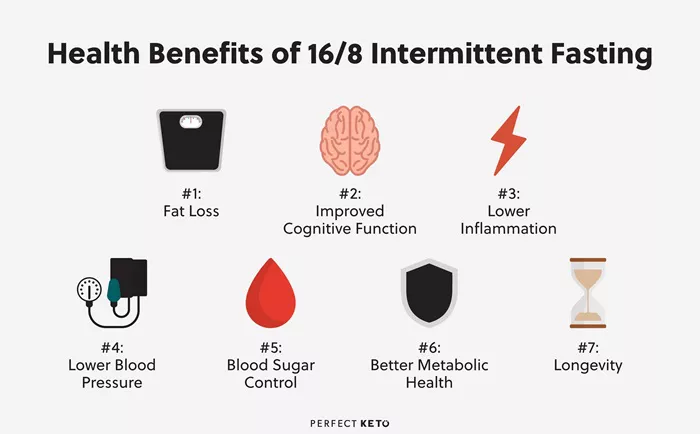A groundbreaking study has revealed valuable insights into the long-term quality of life for adults living with congenital heart disease (CHD). The research, conducted by the Congenital Heart Initiative (CHI), marks a significant step forward in understanding the challenges faced by the 1.5 million adults in the United States living with this condition.
CHI, the nation’s first and largest patient-focused registry for individuals with CHD, launched its inaugural study, which included over 4,500 participants from all 50 states. The findings, published in JAMA Network Open, provide essential data on the health and well-being of adults with CHD, offering a deeper understanding of their unique medical and lifestyle needs.
Dr. Anitha John, director of the Washington Adult Congenital Heart Program at Children’s National Hospital and senior author of the study, emphasized the importance of patient-driven research: “Studies like this, which leverage actual patient voices and experiences, help us better understand how to advise, support, and treat people with CHD as they age. This also provides researchers with a clearer picture of the questions that need to be answered to improve their quality of life.”
In recent decades, advancements in treatment for children born with CHD have led to significant improvements in life expectancy, with more adults now living with CHD than children. However, as Scott Leezer, a patient co-principal investigator for the CHI registry, points out, there remains a significant gap in knowledge about the adult CHD population. “As an adult with CHD, I was excited to contribute to this registry to help provide more answers to individuals like me, who want to understand how our unique hearts impact our bodies and quality of life over time.”
While the study represents a major step forward, the authors acknowledge some limitations in the current data. The registry relies solely on patient-reported outcomes, lacking clinical data, though the CHI-RON study—the first sub-study of the CHI—seeks to address this challenge by incorporating additional data sources from a subset of consenting participants.
The study also faces challenges such as recall bias, neurocognitive difficulties, and survey fatigue, which may have limited participation. Efforts are underway to develop methods for engaging individuals with congenital heart disease who have neurodevelopmental deficits or other disabilities. As a result, the CHI is temporarily closed to new registrants while the study team redesigns the registry to better meet the needs of the community.
Dr. Thomas Carton, chief data officer at the Louisiana Public Health Institute and a co-author of the study, expressed gratitude to the participants: “We are deeply thankful to everyone who joined this registry, answered survey questions, and shared their experiences. The CHI registry is an important step forward for adults with CHD and provides a model for how physicians, researchers, and patients can collaborate in care, research, and advocacy.”
Looking ahead, the CHI plans to expand its reach, focusing on increasing diversity among participants, forging new partnerships with other organizations, and continuing to innovate in data usage and community engagement. These efforts aim to guide future research and ultimately improve the quality of life for all adults with CHD.
Related Topics
Global Study Reports Significant Decline in Diarrheal Disease Mortality
First Case of Chronic Wasting Disease Confirmed on Menominee Reservation
WashU Researchers Awarded $7.5 Million NIH Grant to Study CSVD Dementia



































